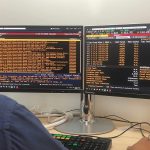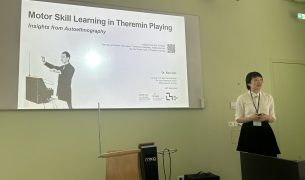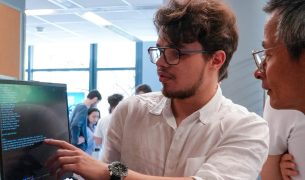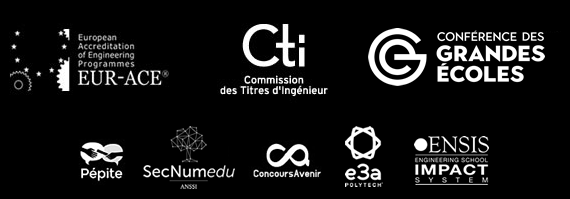The French FinTech ecosystem has strengthened in the last years and should attract more talents and investments in the future, says a survey by Exton Consulting. Conducted on behalf of centre of excellence Finance Innovation, the study draws an overview of FinTech in France.
FinTech is a new industry which uses technology to improve activities in finance. Cryptocurrencies or smartphones are some of the technologies aiming to make financial services more accessible to the general public, as opposed to traditional financial methods.
French FinTech: trends and key figures
Exton Consulting questionned over a hundred startupers, incubator professionals, FinTech managers and other leading figures of entrepreneurship and financial industry.
The survey measures the attractivity of France for the development of FinTech through key levers: regulatory framework, financial mechanisms, accelerator programmes, public initiatives in favour of entrepreneurship in finance and collaboration of banks and insurance companies.
Over the last six months, a little under ten support programmes aimed at FinTech and InsurTech have been launched in France. There is a strong entrepreneurship dynamic: 30% of FinTech start-ups have been created in the last two years.
FinTech creates jobs in SMEs, whereas the traditional financial industries loses employees. A major part of people employed in FinTech belong to the Y or Millenial generations. Most of these positions are located in Paris, where 80% of the FinTechs are located. However, two thirds of them do resort to freelancers. 53% of FinTechs hire ten people or less, and 86% hire under 25 employees.
FinTech at ESILV, engineering school in Paris
Fifth-year students in the Financial Engineering major may choose FinTech as an option. ESILV is the only French engineering school offering such a specialisation.
Courses include cryptocurrencies, payment systems, protocols and networks, web and mobile development, history of currency… Graduates are hired by innovative start-ups on high-paying positions.
Throughout their five-year course, all engineering students take part in yearly projects aiming to putting theoretical skills into practice and enhancing behavioural skills. In the fourth and fifth years, engineering students work on an industrial innovation project in partnership with companies, associations or research labs. Some of them create fintech projects: analysis of Bitcoin value, a prediction algorithm based on the sentimental analysis of cryptocurrencies…
Research in FinTech
ESILV is a partner of MoneyTrack, the first blockchain payment platform for directed money.
MoneyTrack digitalizes and decentralizes directed money thanks to smart contract implementation and registration on a blockchain to provide with easier market access and lower operating expenses. It is the very first blockchain project supported by the French Interministerial Single Fund.
The objective of MoneyTrack: controlling the uses of payment methods made available to consumers, whether for a personal or professional use.
Together with the French Institute for Research in Computer Science and Automation and companies Keyrus, Ocaml Pro and Wizypay, ESILV is a member of this research consortium. The blockchain expertise of the ESILV academic staff also is highlit through the De Vinci Research Center research laboratory. The latter gathers researchers from all three schools of Pôle Léonard de Vinci.
Interested in FinTech and financial engineering? Learn more about the majors offered at ESILV, engineering school in Paris.





















